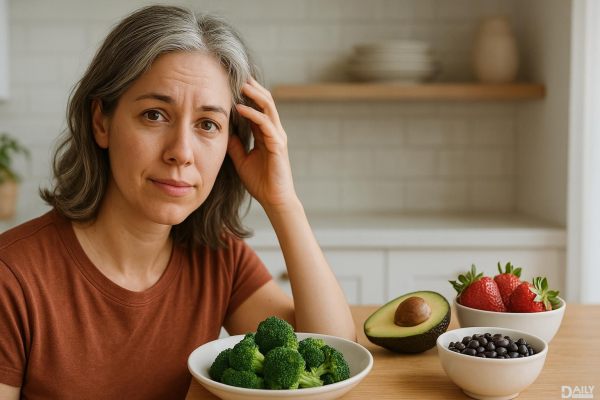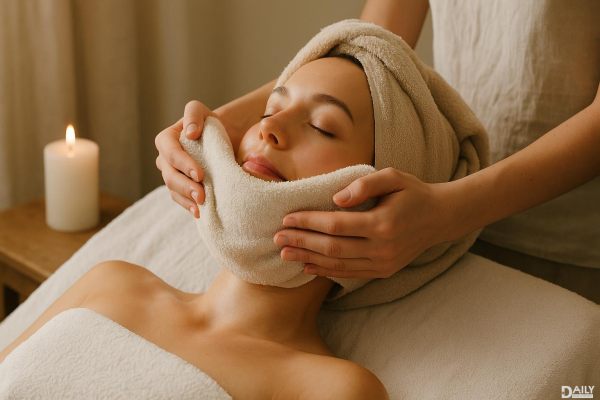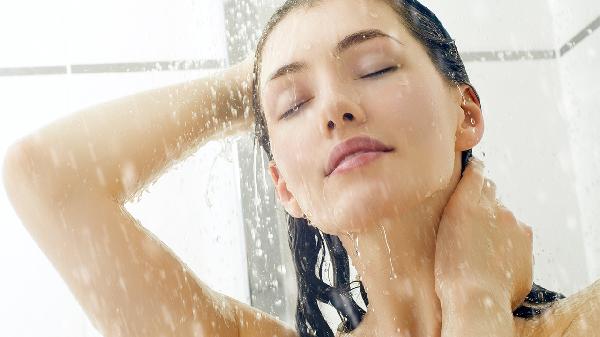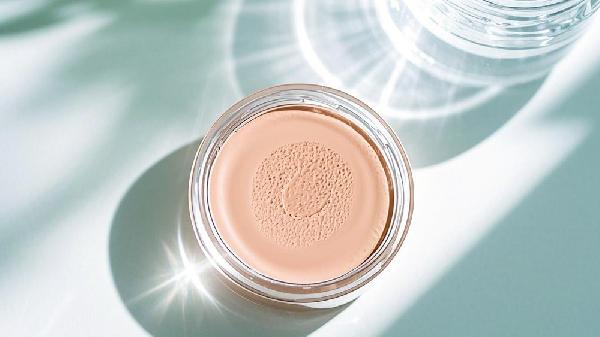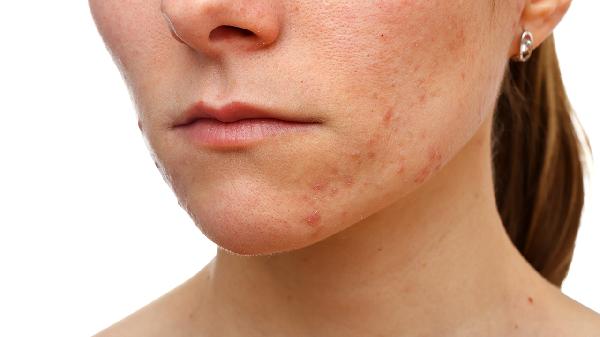Soap matters for elderly skin because it plays a crucial role in maintaining cleanliness while addressing the unique needs of aging skin. As we age, our skin becomes thinner, drier, and more sensitive, making it essential to choose products that cleanse without stripping away natural oils or causing irritation. The right soap can help prevent dryness, itching, and infections, which are common concerns for older adults. But not all soaps are created equal—gentle, moisturizing formulas are key to keeping skin healthy and comfortable as we age.
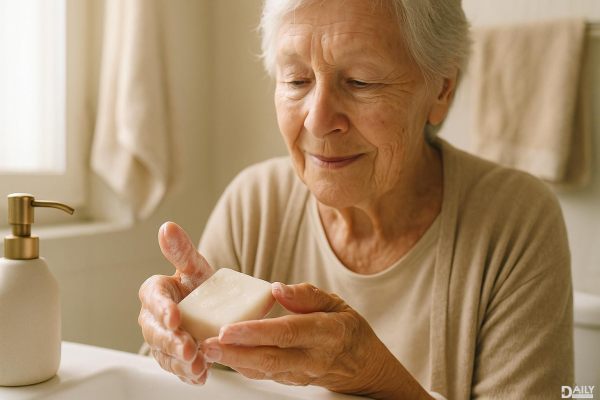
As we get older, our skin undergoes significant changes that make it more vulnerable. The production of natural oils decreases, leading to dryness and a compromised skin barrier. Collagen and elastin, the proteins responsible for skin’s elasticity and firmness, also diminish, resulting in thinner, more fragile skin. Additionally, reduced cell turnover means older skin is slower to heal and more prone to irritation. These factors make it essential to use products that support the skin’s natural balance rather than disrupt it. Harsh soaps with strong detergents can strip away the little moisture that aging skin has, exacerbating dryness and discomfort. That’s why choosing the right soap is more than just a matter of cleanliness—it’s about protecting and nurturing the skin.
When selecting soap for elderly skin, opt for formulas that are free of harsh chemicals, fragrances, and alcohol. Look for soaps labeled “moisturizing,” “hydrating,” or “gentle,” as these are designed to cleanse without drying out the skin. Ingredients like glycerin, shea butter, and ceramides are excellent for locking in moisture and reinforcing the skin barrier. Avoid antibacterial soaps unless specifically recommended by a doctor, as they can be overly drying and may disrupt the skin’s natural microbiome. Liquid soaps or syndet bars (synthetic detergent bars) are often gentler than traditional bar soaps, which can have a higher pH and be more irritating. Always patch-test new products to ensure they don’t cause a reaction.
Even with the right soap, the way you wash can make a big difference. Use lukewarm water instead of hot, as hot water can further dry out the skin. Limit showers or baths to 10-15 minutes to prevent overexposure to water, which can dehydrate the skin. Apply soap sparingly, focusing on areas that tend to get oily or sweaty, like underarms and feet. For the rest of the body, a light lather is usually sufficient. After washing, pat the skin dry with a soft towel instead of rubbing, which can cause irritation. Follow up immediately with a moisturizer to lock in hydration and keep the skin soft and supple.
Elderly skin is prone to specific issues like eczema, psoriasis, and fungal infections, which require extra care. For those with eczema or psoriasis, fragrance-free, hypoallergenic soaps are a must to avoid triggering flare-ups. If fungal infections are a concern, look for soaps containing antifungal ingredients like tea tree oil or zinc pyrithione. For bedridden individuals, no-rinse cleansing products can be a convenient and gentle alternative to traditional soap and water. Always consult a dermatologist if skin issues persist or worsen, as they may recommend medicated soaps or treatments tailored to the individual’s needs.
Beyond soap, there are several lifestyle habits that can support healthy skin in older adults. Staying hydrated by drinking plenty of water helps maintain skin moisture from the inside out. A balanced diet rich in antioxidants, healthy fats, and vitamins can also promote skin health. Avoid smoking and limit alcohol consumption, as both can accelerate skin aging. Protect the skin from sun damage by wearing sunscreen daily, even on cloudy days, and opting for protective clothing when outdoors. Regular exercise improves circulation, which can enhance skin’s appearance and overall health. By combining these habits with gentle skincare practices, elderly individuals can maintain healthy, comfortable skin as they age.
Caring for elderly skin requires a thoughtful approach, and choosing the right soap is a simple yet impactful step. By prioritizing gentle, moisturizing products and adopting skin-friendly habits, older adults can keep their skin healthy, hydrated, and resilient. Remember, healthy skin isn’t just about looking good—it’s about feeling good, too. So, next time you’re shopping for soap, take a moment to read the label and choose a product that supports the unique needs of aging skin. Your skin—or your loved one’s skin—will thank you.
